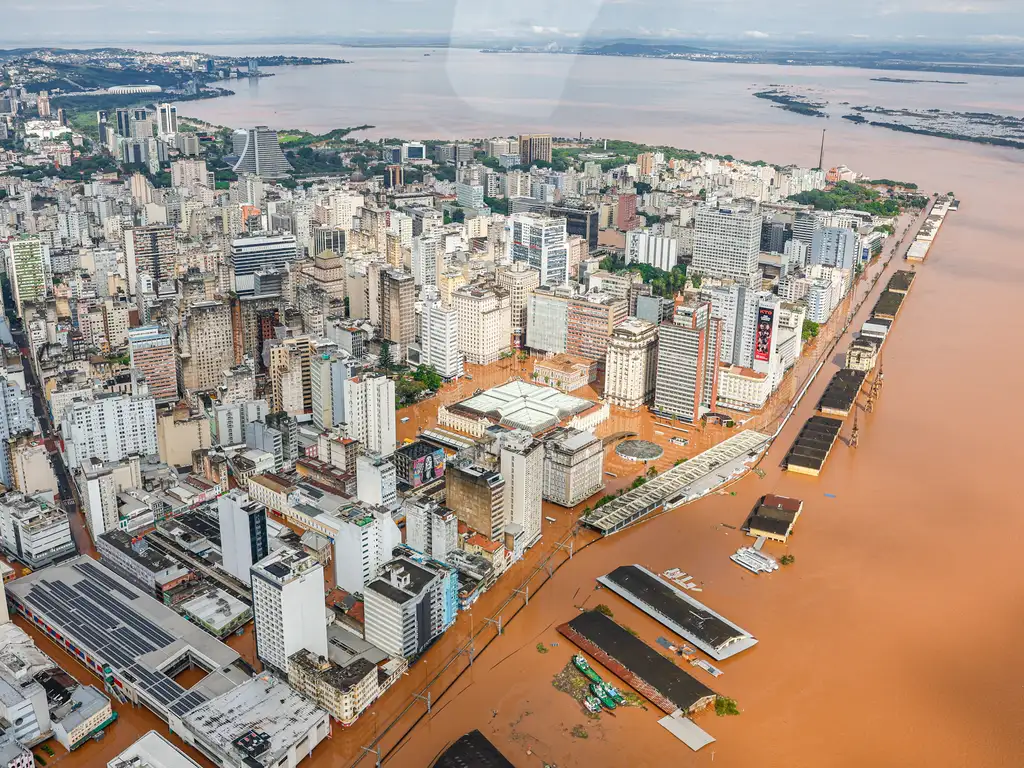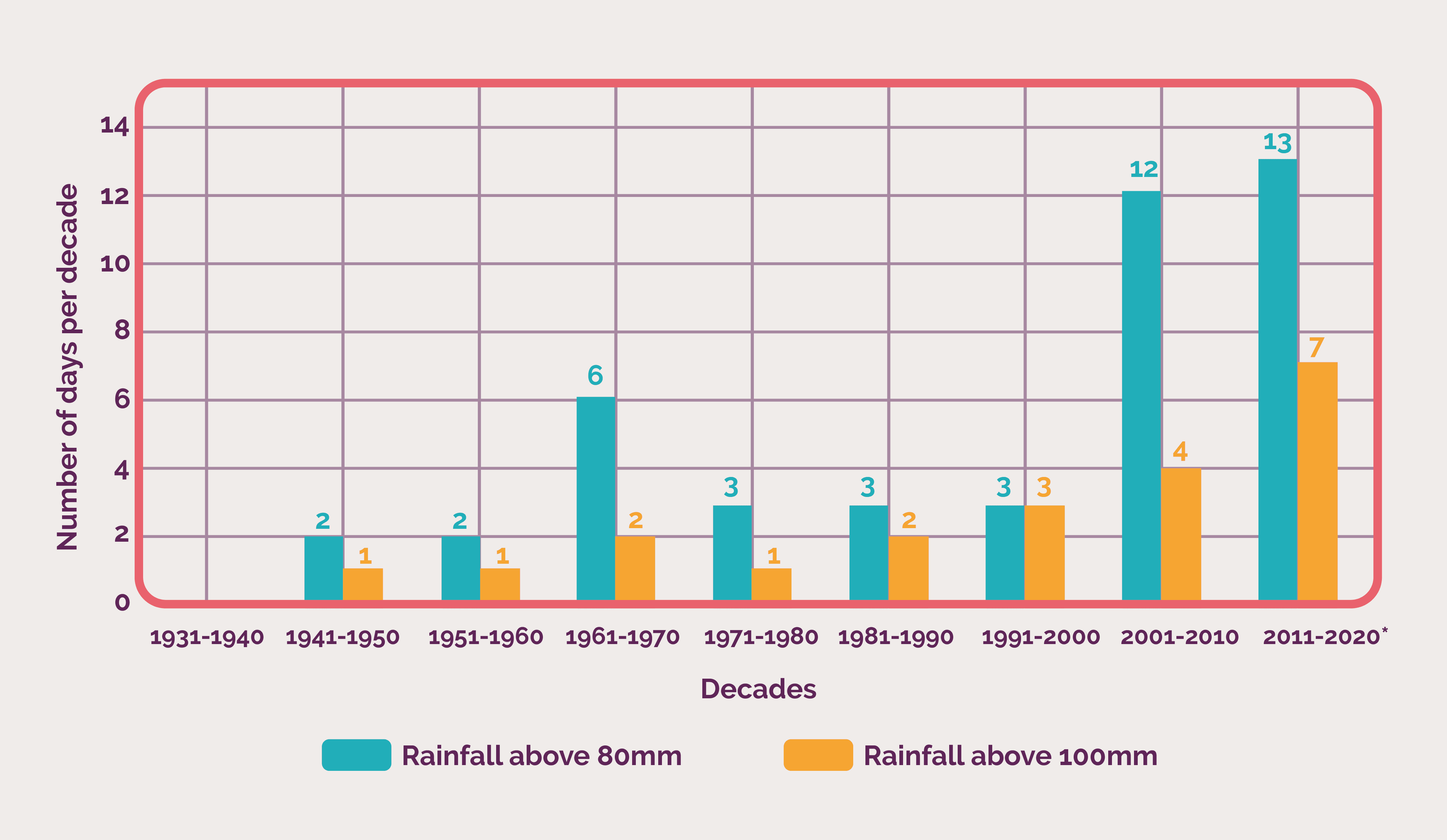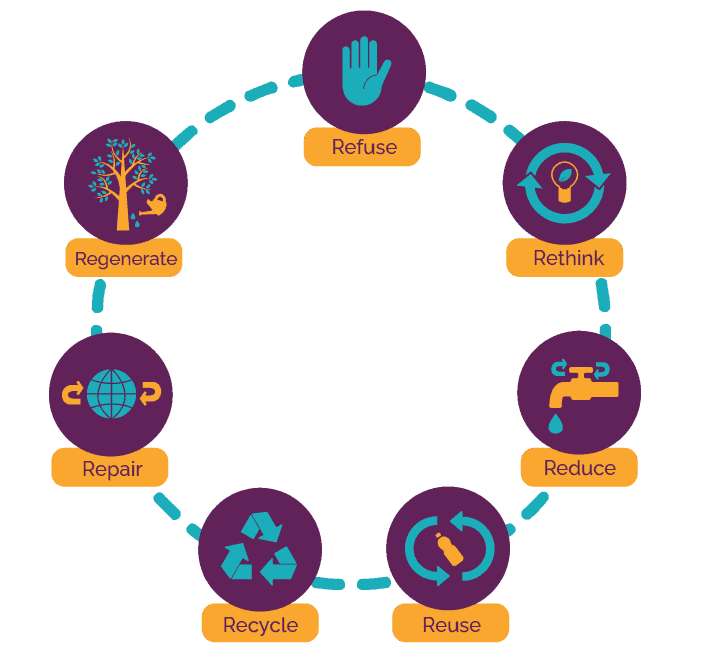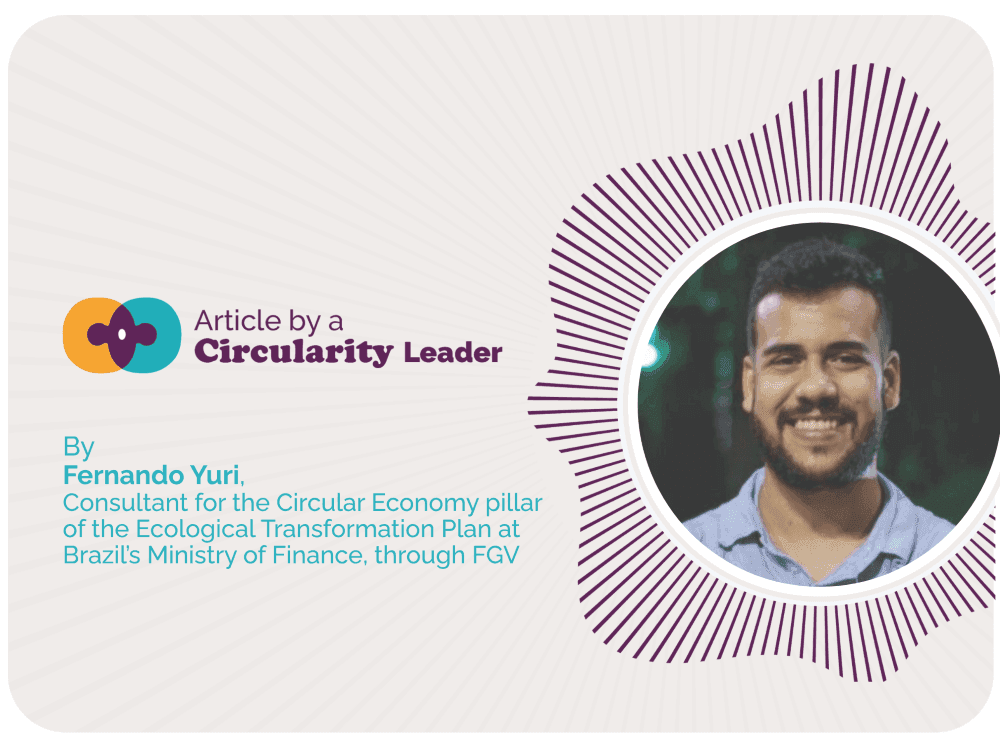
08/05/2024
What can rain teach us about Circularity?
Prof. Dr. Edson Grandisoli
News about climate events in Brazil and around the world are becoming increasingly frequent. In 2023, Brazil experienced a record number of disasters caused by extreme weather events. These events include the historic drought in the Amazon, devastating winds in different regions of the state of São Paulo, and record after record of high temperatures and rainfall.

(Marengo et al., 2020)
*2020 until February
In April 2024, Brazil experienced above-average rainfall and heat, with rainfall totals surpassing historical averages in the states of Bahia, Rio Grande do Sul, Pará, and Maranhão, according to the National Institute of Meteorology's website (https://portal.inmet.gov.br/noticias/noticias?noticias=Eventos%20Extremos).
It's worth noting that the rapid rise in water levels due to heavy rainfall is just the beginning of a series of cascading events such as loss of housing and belongings, water shortages, increased waterborne diseases, power outages, transportation disruptions, shortages, among others. The consequences of these extreme events for people, especially the most vulnerable, are devastating, and many cannot recover from the impacts. It is no longer possible to deny the new reality brought by climate change. Doing so would be unethical and inhumane.
In the face of chaos, words like prevention and responsibility are frequent. The vast majority of urban centers in Brazil and around the world are not prepared or adapted to the rapid increase in intensity and frequency of extreme events.
We are living in a decisive moment in our history on Earth. We need to review and analyze our choices up to this point and how they have determined the fate of millions of people. We will need to reconsider the materials and architecture we have used in housing, the layout of the electrical grid, the ongoing process of soil sealing, stream embankment, suppression of green areas and permanent protection areas (APPs), intensive use of fossil fuels as an energy source, occupation of risk areas, among many others. We are talking about a true and legitimate revolution in the ways we see and inhabit the planet.
I believe one of the models that gives us several clues about how to build a better present and future for everyone is that of the Circular Economy. The 7 Rs elegantly materialize paths for integrated and co-responsible action.

Regarding climate change in particular, rethinking, refusing, and reducing the use of fossil fuels (oil, coal, and shale) is fundamental – and it is worth mentioning a consensus in the scientific community – for the reduction of greenhouse gas emissions, which contribute to the increase in the planet's average temperature and climate change. Energy alternatives already exist but still receive little incentive for their widespread adoption, contributing to the so-called phase-out of oil, one of the main expectations of COP 28 that was not addressed.
Addressing the climate crisis is the responsibility of all social actors, but it is currently a critical issue in the political and diplomatic fields. How does your candidate for mayor position themselves on the climate issue? And beyond rhetoric, how have they effectively acted in seeking solutions? In the face of the reality experienced and suffered in the southern part of the country, perhaps this is one of the most important questions to be considered at this time.
About Circular Movement
Established in 2020, the Circular Movement is a collaborative ecosystem dedicated to promoting the transition from a linear to a circular economy. The core idea of the Circular Economy, the movement's foundational concept, is that every resource can be reused and transformed. The Circular Movement is an open initiative that fosters collaborative spaces with the aim of informing individuals and institutions that a waste-free future is possible through education, culture, the adoption of new behaviors, inclusion, and the development of new processes, products, and attitudes. The work is proudly supported by a pioneering partnership with Dow, a chemical, plastics, and agricultural products company headquartered in Michigan, United States. The Circular Movement currently reaches 4 million people through its activations and content.

